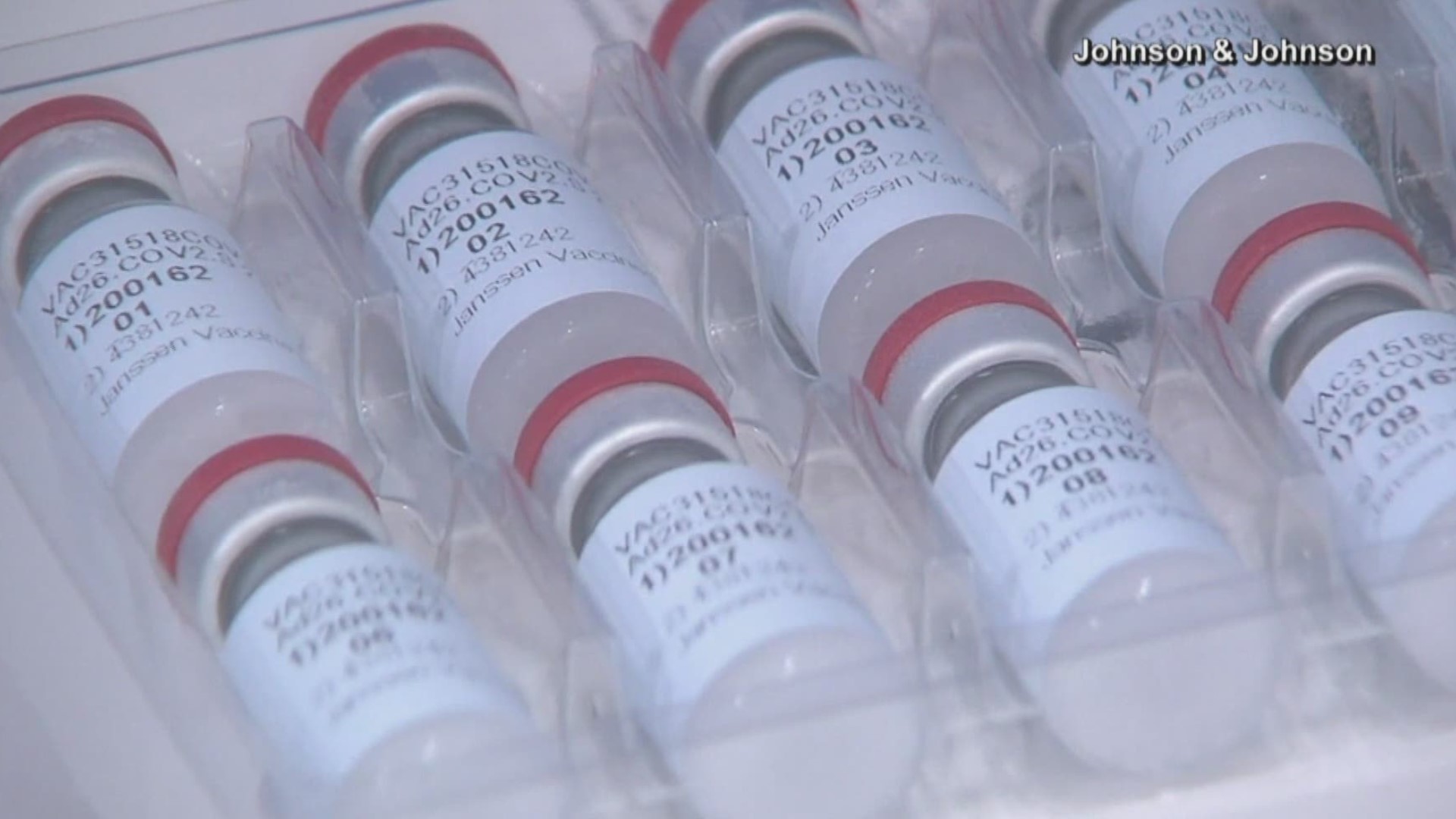INDIANAPOLIS — The Johnson & Johnson vaccine is stuck in limbo after the CDC said it needs more time to determine if it's safe.
A panel decided on Wednesday it needs more evidence to decide if a handful of rare blood clots are linked to the shot and, if they are, how big the risk is.
This comes after a study from Monmouth University Polling Institute in early April found 1 in 5 Americans don't want to be vaccinated. Health experts are concerned this could cause more fear and mistrust, especially from those already hesitant about the vaccine.
With no determination from the vaccine advisory committee yet, Dr. Shaun Grannis with Regenstrief Institute said it is too soon to jump to conclusions.
"We have to look at the details here and details matter," Grannis said. "This is caution. This is due diligence. This is making sure they don't find anything, but nobody is saying — at this point — the vaccine caused this. There is an association, but association is different than causation."
The CDC and FDA recommended pausing the J&J vaccine after six cases of women between 18 and 48 years old were diagnosed with rare but severe blood clots. It happened a week and a half after their shots.
Out of the nearly 7 million people who received the vaccine, only six developed the blood clots — an extremely small percentage.
The blood clot condition is known as cerebral venous sinus thrombosis.
"It is blood clots in the veins that drain the brain that cause neurologic problems," said Dr. David Josephson with JWM Neurology.
Josephson said it is important to weigh the risks and benefits of the vaccine, saying this blood clot condition is extremely rare compared to the more than 500,000 Americans who have died from COVID-19.
"You have to weigh the risk of getting COVID and dying, being disabled or sick versus the vaccine which is extremely effective," Josephson said. "If you take the risk versus the benefit, it's a no-brainer."
So far, there have been no cases of cerebral venous sinus thrombosis in Indiana.
"We have not had one of the cerebral venous sinuses thrombosis yet, but what we have seen is many strokes associated with COVID because COVID itself causes the blood to be thick," he said.
Dr. Anthony Fauci also said Wednesday that pulling the vaccine for review after flagging the six rare blood clot cases, hopefully shows Americans the safety process is working as planned.
"The very fact that you have an organization — two organizations, the CDC and the FDA — looking so carefully at this, making safety the primary concern, in my mind confirms or underscores the situation that we take safety very seriously," he said.
If you had the shot more than a month ago and you don't have symptoms, health experts say your risk is low. If you got the Johnson & Johnson vaccine in the last few weeks and are feeling a little uneasy, keep an eye out for these symptoms:
- Severe headaches
- Abdominal pain
- Leg pain
- Shortness of breath
- Weakness, paralysis
- Seizures
- Acute confusion
If any of these conditions pop up, give your doctor a call and get it checked out.

